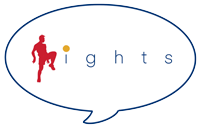PROJECT DESCRIPTION
Summary: What the RIGHTS project is?
RIGHTS, an Erasmus Sport Project composed by an international consortium of 7 partners from 6 EU and Non-EU countries, aims to empower front-line actors -as coaches, managers, supporters, young players, parents- with training and specific support to prevent hate speech phenomena at the grass-roots level→ the goal is to go to step ahead and reach in a very effective and holistic way the problem from this very initial level.
Definition: What is hate speech?
The Council of Europe defines “Hate speech” as the use of one or more particular forms of expression- namely, the advocacy, promotion or incitement of the denigration, hatred or vilification of a person or group of persons, as well any harassment, insult, negative stereotyping, stigmatization or threat of such person or persons and any justification of all these forms of expression- based on a non-exhaustive list of personal characteristics or status. Those include race, colour, language, religion or belief, nationality or national or ethnic origin, descent, age, disability, sex, gender, gender identity and sexual orientation. As a matter of fact, the CoE report “Combating Hate Speech in Sport” underlies that hate speech is considered worse in the lower leagues, and it is primarily a problem of football than other sports.
Objective: what do RIGHTS want to achieve?
The Erasmus Sport Project RIGHTS aims to tackle hate speech and build a respectful environment in sports activities, especially grass-roots.
How RIGHTS can deal with this issue: Method
A mix of “bottom-up and top-down.”
As RIGHTS focuses on the grass-root level, the problem is not the lack of laws (ex. hooligans). Still, the difficulty is in applying those principles in daily life; if at a higher level there are legislation ad hoc, at the grass-roots level, hate speech and discrimination is an issue which real intercultural and cross-cultural skills ecosystems should change.
How RIGHTS can deal with this issue: Tools
RIGHTS aims to promote the culture of respect and develop intercultural skills to counteract hate speech, intolerance, and extremism in sport. To achieve this goal, the main tools of the Intercultural and Cross-cultural Communication approach are → 1) intercultural educational resources, 2) counter-narrative toolkits, and 3) awareness campaigns.
Improve intercultural skills in sport → 1) strengthening the CAPACITY to counteract the wave of offences 2) raise AWARENESS by the danger posed by hate speech. In fact, the projects aim to +Respect in Sport→ and 2 Lines of intervention (L):
L1 knowledge and Capacities of coaches, managers and fans leaders → comparative knowledge framework of stories, studies and researches both to understand better the issue, but also to inspire out targets to better deal with intolerance, extremism and hate speech in sport → build and test educational resources
L2 Awareness and behaviors of young players, parents and fans → raise Awareness through campaigns and a mix of creative tools “on-line and on-life”
Last but not least, an Intercultural communication project must be developed in an Intercultural environment, which includes both EU and non-EU countries → creation of an Intercultural laboratory where cultural, linguistic and environmental differences could represent an added value for the entire project.
Organisations participating in the project
Short presentation of the organisation (key activities, affiliations, size of the organisation, etc.) relating to the area covered by the project,
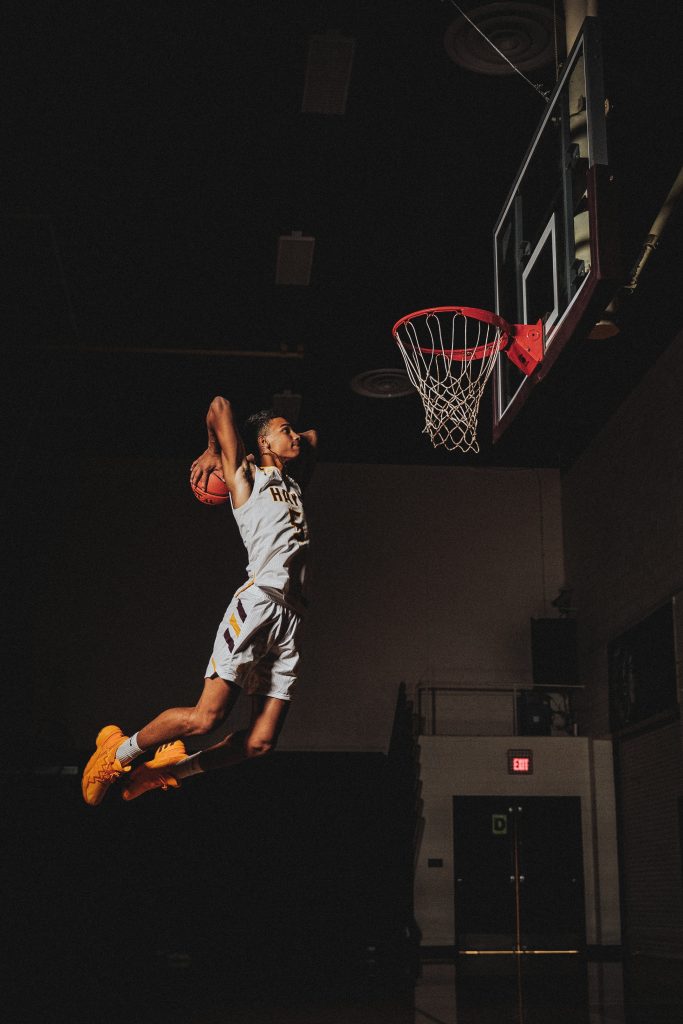

U.S.M.A. SPORT ASSOCIATION ITALY (coordinator)
USMA is a multisport association, where soccer is most practiced sport, among others: volleyball, basketball, gyms, physical activity, athletics. Founded in 1963, to respond effectively to kids and youth’s needs of taking part at sport and social activities, USMA involves about 700 youth, male and female (15% of them are immigrants and children of immigrants), managers, plus several educators, coaches, referees and volunteers.

ROSTO SOLIDARIO PORTUGAL
ROSTO SOLIDARIO (RS) aims at fostering global citizenship and solidarity by enhancing local communities’ human and social development. RS core principles are civic participation, social integration, solidarity, networking and partnership.
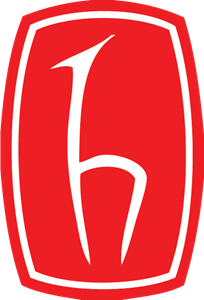
HACETTEPE UNIVERSITY UNIVERSITY TURKEY
Hacettepe University (HU) is one of the oldest and leading universities in Turkey. HU began to operate as a hospital in Ankara in 1957. Education, research and public service activities started in 1958.

AN ASSOCIATION “GENTLEMEN” SERBIA
NGO and non-profit association of football fans „The Gentlemen“ (https://www.serbianfans.org/ ) established in 2007. They have self-organised our tours to Brazil, Russia, Italy, South Africa, Romania, Ireland, Belgium, Monaco, Austria, Denmark, Portugal... and, while supporting our teams, we also seized the opportunity to make friends all around the world and share our ideas of sportsmanship.
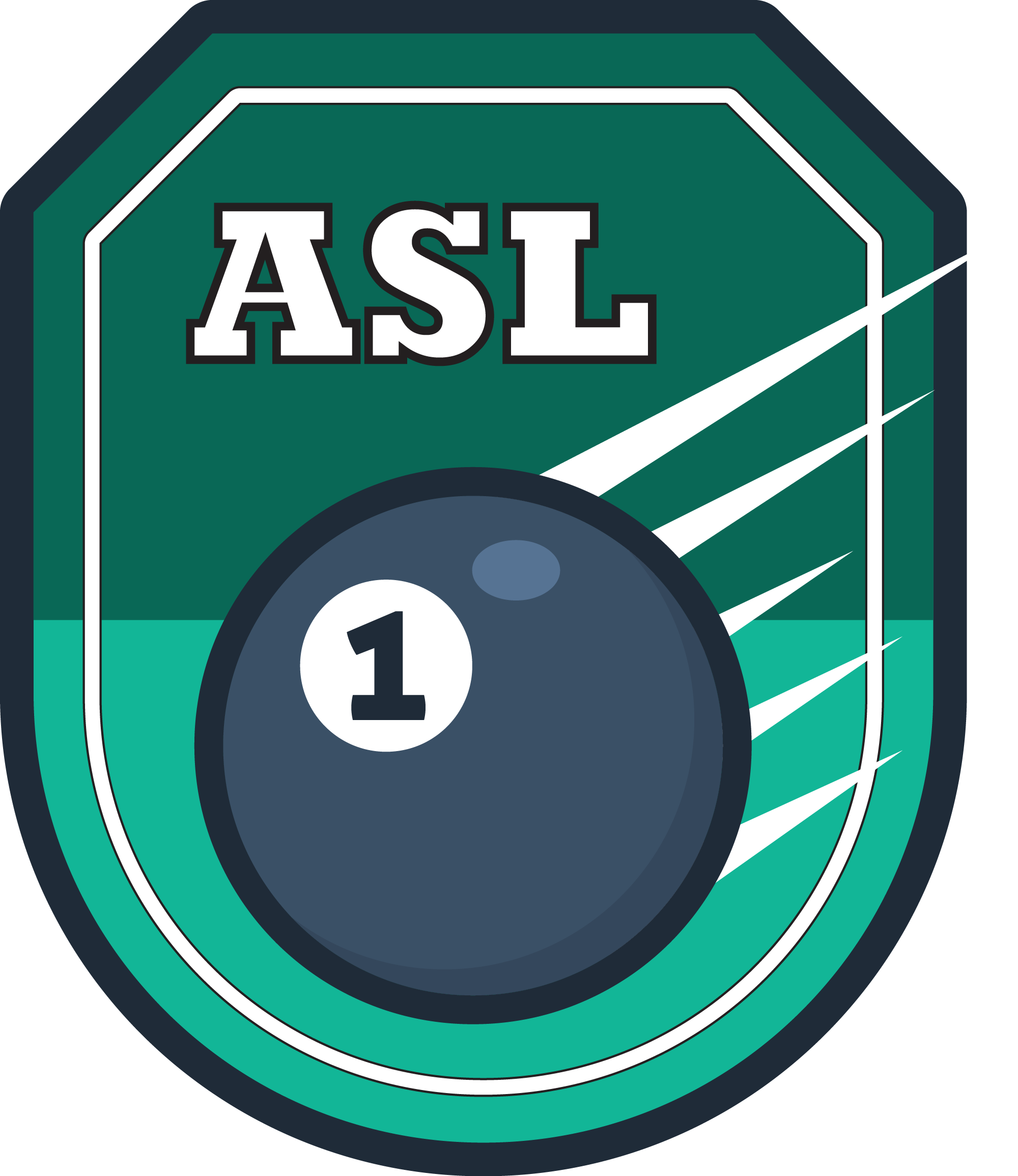
AMATEUR SPORT LEGUE ASL Bulgaria
Amateur Sport Leagues (ASL) is a small non-governmental organization registered in 2013 in Sofia, Bulgaria. It was established in order to promote sport and its physical, social and psychological benefits. The other main goal of the organization is to foster better physical condition and healthy lifestyle to its members and other young people in Bulgaria. The focus of the organization doesn’t fall upon a single sport as it tries to enhance all kinds of activities able to provide positive benefits – no matter indoor or outdoor, winter or summer sports.
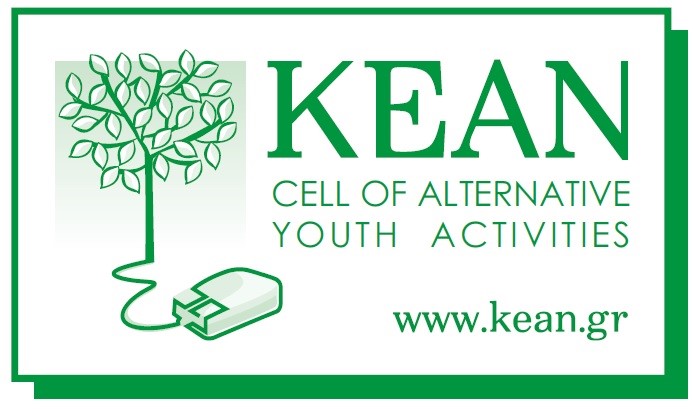
KEAN Greece
“KEAN” was founded in 2005, aiming the development and implementation of humanitarian programs for the protection of the social and physical environment. Its ultimate goal is upgrading the citizens and especially vulnerable social groups’ lives, combating social exclusion and poverty, promoting a better organized society with respect for human rights and the environment and promoting, active engagement and volunteering. It is the body responsible for the EU Diversity Charter in Greece, it runs three hosting structures for Unaccompanied Minors and a social grocery and it has developed the first environmental board game.
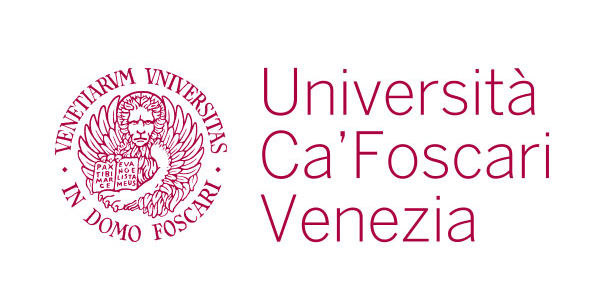
UNIVERSITY OF VENICE CA FOSCARI – linguistic and cultural diversity department Italy
Founded in 1868, Ca’ Foscari University of Venice is a leading Italian university in Economics and Management, Humanities, Languages and Literature, Science. With more than 20,000 students and nearly 1,400 staff, UNIVE is organized into 8 Departments, 5 Interdepartmental Schools and 3 Schools. Thanks to a strong internationalisation policy, Ca’ Foscari courses (16 bachelor’s degree programmes, 30 master’s degree programmes, 12 PhD programmes and 35 Professional Master’s Programmes), together with a wide portfolio of international programmes, both in Italian and in English, attract an ever-increasing number of talented foreign students. The University has both an outstanding national and international reputation for academic excellence in the fields of teaching and research and appears among the top universities for Economics and Econometrics, History, and Modern Languages in the QS World University Ranking by Subject.
